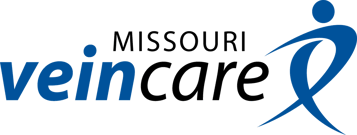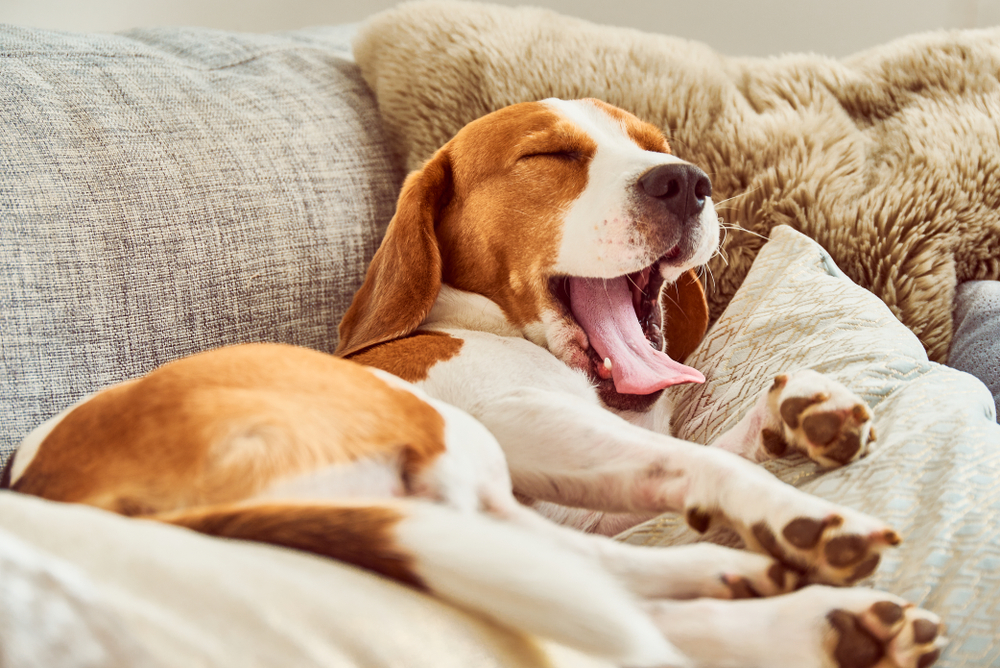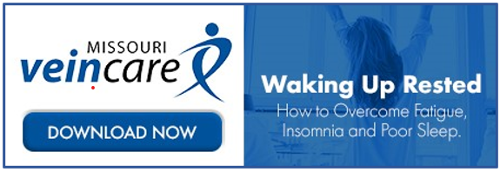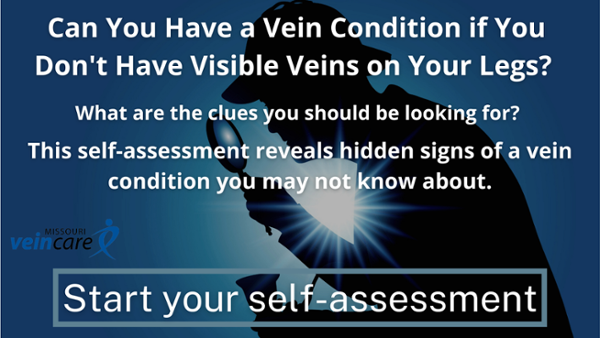Why Am I So Tired At the End of the Day? Is this Normal?
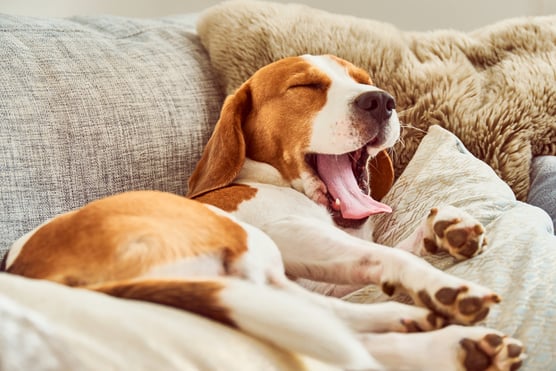
Most if not all of us find ourselves fatigued and tired at some point in our week. A mid-afternoon or post-meal yawn isn't ordinarily a concern. But chronic or ongoing fatigue is a problem and has implications for all aspects of our lives: mental, physical, relational...even economic. That's why when a patient comes to us asking "Why am I so tired at the end of the day? Is this normal?" we take their concern seriously. We ask questions and look for underlying symptoms and patterns that reveal a hidden, yet very treatable, condition.
Fatigue is one of the common reasons people go to the doctor and seek medical help. Chronic fatigue is extremely disruptive to a person's life, and a diagnosis and treatment can be elusive. It's not uncommon for fatigue to be overlooked by healthcare providers since it's not a diagnosis in itself, but a symptom that points toward something else going on in the body. What I know to be true is that fatigue, when it follows specific patterns, indicates the presence of an underlying vein condition.
How to Know When Fatigue is the Result of a Vein Condition
In my experience, fatigue is the most common symptom of a vein condition, even more so than varicose veins, spider veins, or leg and foot symptoms. Most are not aware of the connection between fatigue and vein circulation problems.
With a vein condition, your body's circulation isn't working properly. Blood pools in the veins of the lower leg and it becomes stagnant. This ongoing buildup of stagnant blood causes inflammation in the body. Inflammation is the poison in your body that interferes with generating energy in the small parts of the cells called mitochondria. It's what makes your body feel worn out and tired at the end of each day. It can happen when you have inflammation for any reason. For example, if you have a chest cold, the virus causes inflammation in your body which causes you to feel tired.
The most common pattern or clue for fatigue that is the result of a vein condition is the time of day in which it occurs. Because a person is either sitting or standing all day, the buildup of stagnant blood increases as the day goes on, and inflammation increases as well and peaks in the evening. That's why, when a person has a vein condition, they experience fatigue toward the end of the day or evening.
Patients describe the feeling that during the day they can push themselves to "keep going" but as soon as they get home. they sit down and elevate their feet and are too exhausted to get up again. This is a classic sign of a vein condition, and it's not normal at any age.
How to Tell if Fatigue is the Result of a Different Medical Condition
I've noticed different patterns of fatigue between people who have a vein condition and people who have another medical diagnosis. Different medical conditions that cause fatigue include heart disease, kidney disease, lung disease, heart failure, infection, or an autoimmune disease. It's important to note that with these conditions, fatigue occurs throughout the day and lasts all day. Anyone with inflammation in their body isn't rejuvenated by a 10-15 minute rest
Normally, when people have been working or going strong all day, they can sit down for a 10-15 minute rest. That rest rejuvenates them and they are able to get up and resume normal evening activities. That isn't the case when fatigue is the result of inflammation, including a vein condition.
Evening activity becomes a tremendous struggle for people with a vein condition because of the inflammation that has built up in their bodies. This is the reason that people with a vein condition begin to gain weight.
The good news is that in these situations, vein treatment fixes the problem, reduces inflammation, and restores energy. In fact, patients tell me they've never felt more energetic! They can go home and do evening chores, play with grandkids, and even take walks or start an exercise program.
